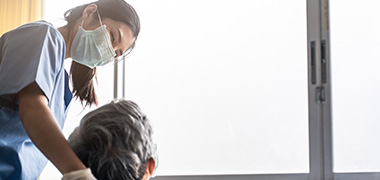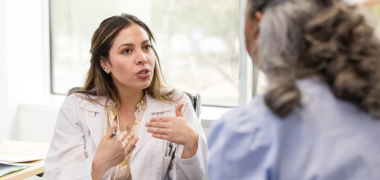
AI Occupational Exposure score unavailable For more insight, research the specific tasks and skills required for the role.
Explore all careersCommunity Health Nurses deliver primary health care services in community settings, providing support and education to patients in various locations.
Get qualified to work as a Community Health Nurse with a course recognised across Australia. Speak to a training provider to learn more.
The average salary for registered Community Health Nurses is $1,400 per week ($72,800 per annum). Increase your earning capacity by undertaking post-graduate qualifications in community health and primary healthcare nursing.
 Courses.com.au Team
Courses.com.au Team
There are 11,000 Community Health Nurses currently working in Australia. They are employed by community health centres, family health clinics, indigenous communities, non-profits and government agencies.
 Courses.com.au Team
Courses.com.au Team
To become a Community Health Nurse you must complete a Bachelor of Nursing, then apply for registration with the Nursing and Midwifery Board of Australia. Once you are a qualified Registered Nurse (RN) you should complete a post-graduate qualification such as the Graduate Certificate in Community and Primary Health Care Nursing or the Graduate Diploma in Child, Family and Community Nursing.
Source: Australian Government Labour Market Insights 2023
 Courses.com.au Team
Courses.com.au Team



Community Health Nurses are qualified RNs who have undertaken specialist training in primary health care and community health. They provide nursing support and patient services at community health centres and often work in regional and rural settings.
As a Community Health Nurse you could be conducting a pap smear test, changing the dressing on a wound, delivering an educational session on the importance of vaccinating children for mumps and measles, providing initial treatment to a patient who has presented with a broken arm, answering a question about medication dosage, visiting an indigenous community and performing health checks on community elders, or updating patient records.